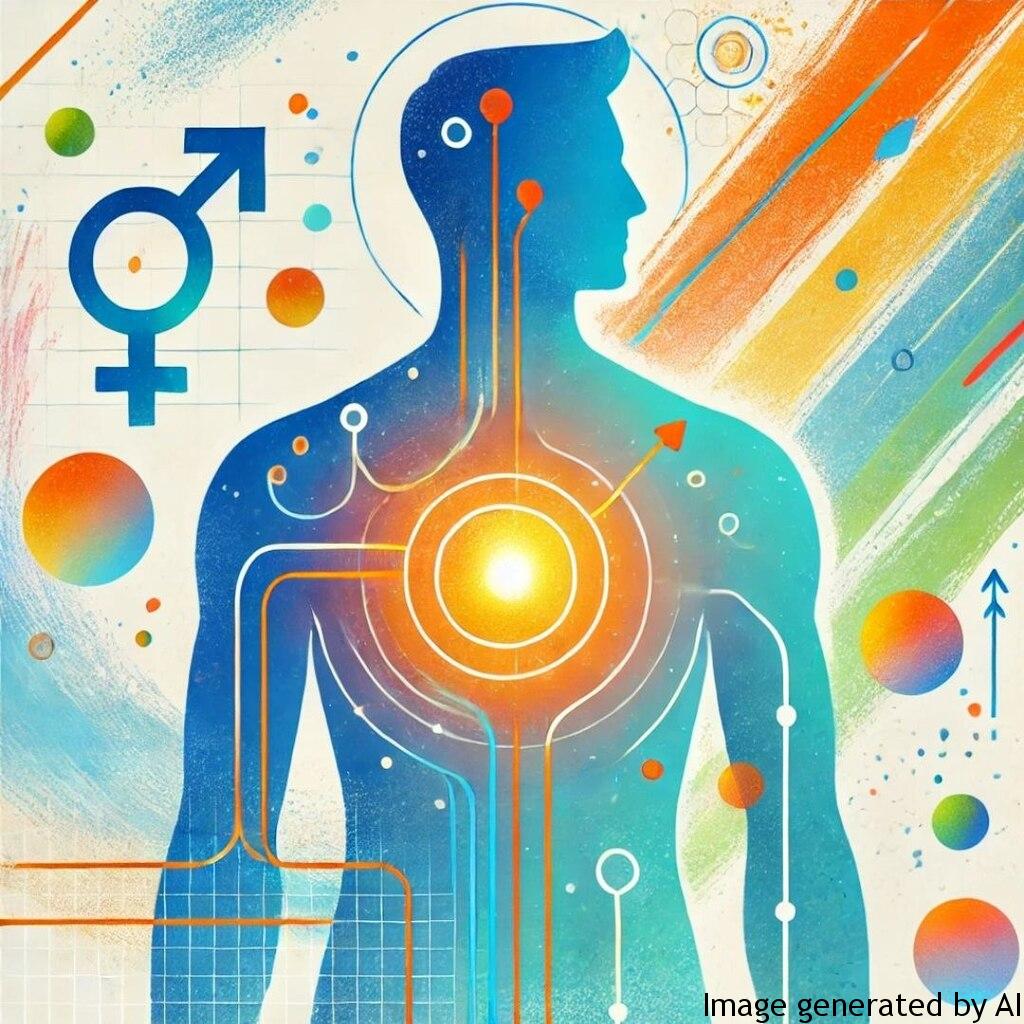Introduction
Hormonal changes can have significant impact on an individual’s mood, behavior and overall mental health. While much attention has been given to hormonal shifts in women, such as those occurring during menstrual cycles, pregnancy, and menopause, hormonal changes in men and their effects on mood are not as commonly discussed. This article aims to shine some light on this topic with a focus on testosterone, the primary male sex hormone, and its role in mood regulation in men.
Gender Expectations and Their Influence on Men’s Psychology
Societal expectations and stereotypes may contribute to the way men handle their emotions and mental health. Traditional masculinity norms often encourage men to suppress emotions and not seek help when needed, which can exacerbate mood swings and other mental health issues.
The “Masculine” Norm and Psychological Health
The traditional “masculine” norm dictates that men should be strong, independent, and unemotional. This norm can create a barrier for men who struggle with their mood or mental health, as expressing feelings or seeking help may be viewed as signs of weakness. This suppression of feelings can result in worsened mental health outcomes. These societal pressures combined with physiological hormonal changes can manifest as severe mood swings, depression, anxiety, and other mental health disorders.
How Hormonal Changes Intertwine with Gender Expectations
Hormonal changes in men – particularly testosterone fluctuations – can profoundly affect men’s mood. Testosterone is known to influence mood, energy levels, and sexual drive in men, and low levels can result in symptoms such as irritability, fatigue, depression, and reduced libido. However, men often do not discuss these symptoms due to societal gender expectations, causing them to often deal with these issues in silence.
How Gender Roles Can Affect Men’s Lives
Gender roles can create significant pressure leading to chronic stress and other mental health issues. Men may feel the need to conform to societal ideals of masculinity, such as being the primary breadwinner in the family, not showing vulnerability, and maintaining control in every situation. This can result in increased stress, sleep disturbances, and unhealthy behaviors such as substance abuse. Hormonal changes, particularly if they result in perceived “weaknesses” such as fatigue or mood swings, can further compound these issues.
Tips for Improving Mental Health Considering Gender Roles
The first step towards managing mood swings and improving mental health is acknowledging the issue and reaching out for help. This may involve challenging societal norms and stereotypes around masculinity. Regular exercise, a healthy diet, adequate sleep and stress management can help regulate hormonal balance in men and therefore potentially alleviate mood-related symptoms. Talk therapy and cognitive behavioral therapy can offer useful tools for managing feelings of anxiety, depression and aggression that might stem from hormonal changes.
Men can also benefit from building strong social connections and allowing themselves to be vulnerable in these relationships. Networks of supportive friends and family members can act as a source of strength and resilience. Seeking professional help is crucial whenever symptoms of low mood become too difficult to manage alone.
Conclusion
In conclusion, hormonal changes can significantly affect men’s mood and overall psychological health. Societal gender roles and expectations can exacerbate these effects by discouraging men from seeking help and discussing their feelings. Challenging these norms, maintaining a healthy lifestyle, and seeking appropriate support are necessary steps towards managing hormonal changes and maintaining psychological well-being. Recognition and understanding of the interplay between hormones, mood, and societal expectations are thus crucial for mental health in men.

